In the 19th century, ballerinas became the living embodiment of dreams. Their grace and grace, their ability to charm and inspire went far beyond the stage, penetrating even into the most closed palace halls of the Russian Empire. Behind the beauty and ease of the dance hid real human drama, passion and sacrifice.
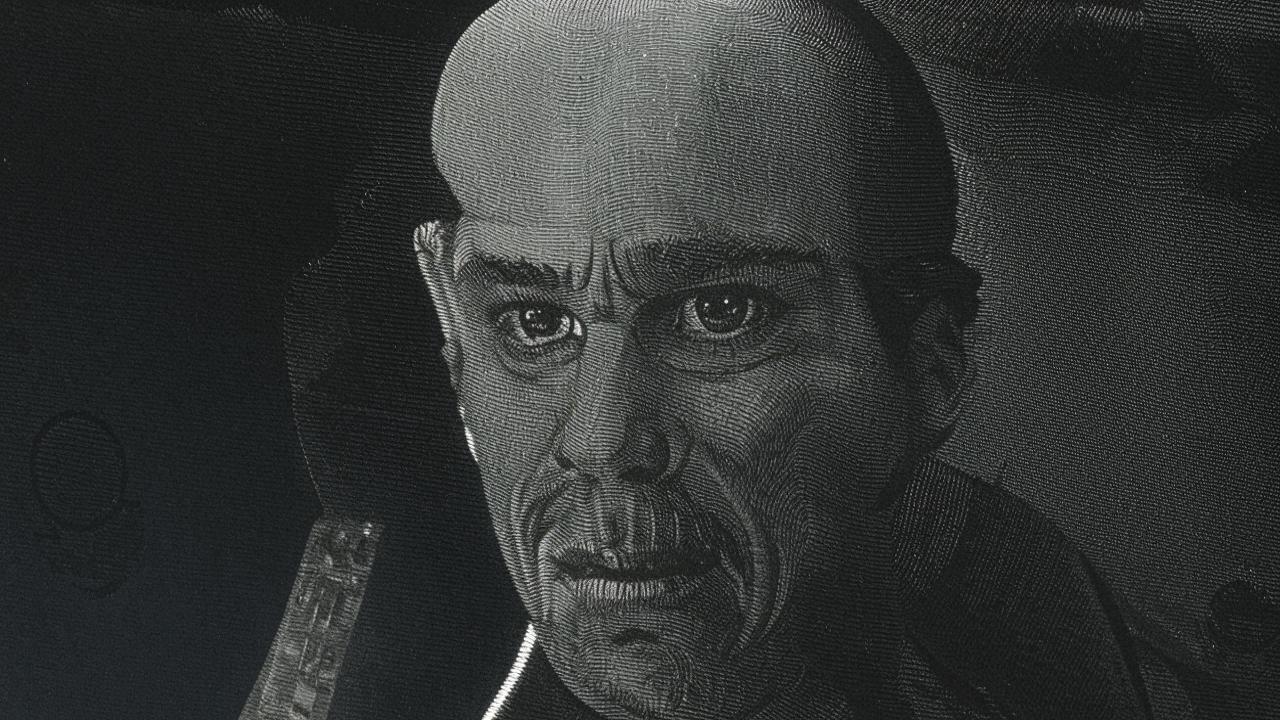
historian, writer, translator, member of the Russian Society “Znanie”.
“Cavalryguard’s age is short, and that’s why it is so sweet. These lines come to mind when one studies the tendency of Grand Dukes, aristocrats and military men to choose their lovers from among ballerinas. After all, their age was indeed short… Why did men from the above-mentioned estates love ballerinas so much?”
Probably, the main reason lies in the fact that in Russia of the XIX century they were both a symbol of femininity and freedom. For them fought duels, refused to legal spouses. True, married them far from always. We study the most tragic romances of ballerinas.
Catherine Chislova and Grand Duke Nikolai Nikolaevich
The son of Nicholas I distinguished himself in military affairs and even received the Order of St. George of the first degree. But to marry for love did not work out. Parents looked for an ideal party in the person of a great-niece – Alexandra Petrovna. The girl was not interested in Nicholas. She behaved with him coldly. Sometimes mocked and preferred to deal not with her husband, and the vegetable garden.
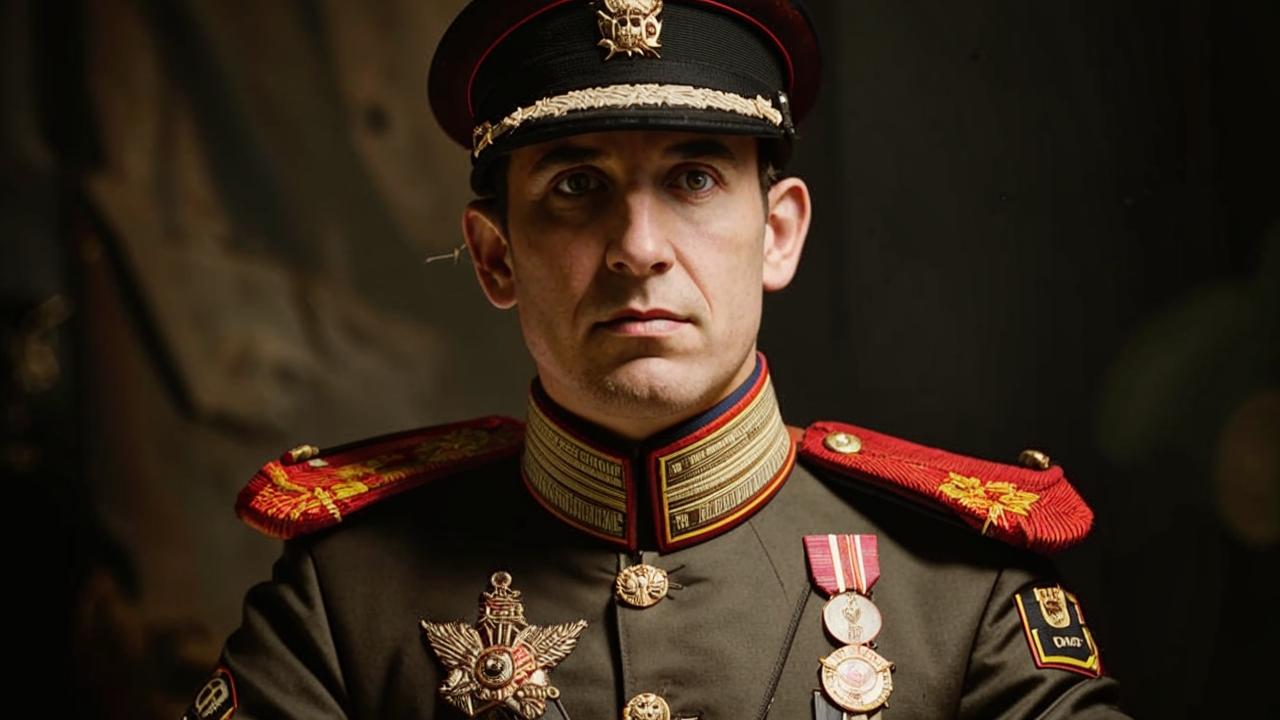
Grand Duke Nikolai Nikolaevich
As a result, the Grand Duke became infatuated with the ballerina Ekaterina Chislova, who was 15 years younger than him. Then the lawful wife appealed to Alexander II with a request to arrange a divorce. The Emperor reasonably noted that in life you must choose – a vegetable garden or a husband.
With the ballerina Nicholas Senior, it seemed to have found true happiness. She settled in the house bought for her, the windows of which were visible from the princely residence. When the girl was preparing to receive the Grand Duke, she put two candles on the window-sill. Nicholas would rush out of his seat. Sometimes he referred to a fire where his presence was supposedly required.
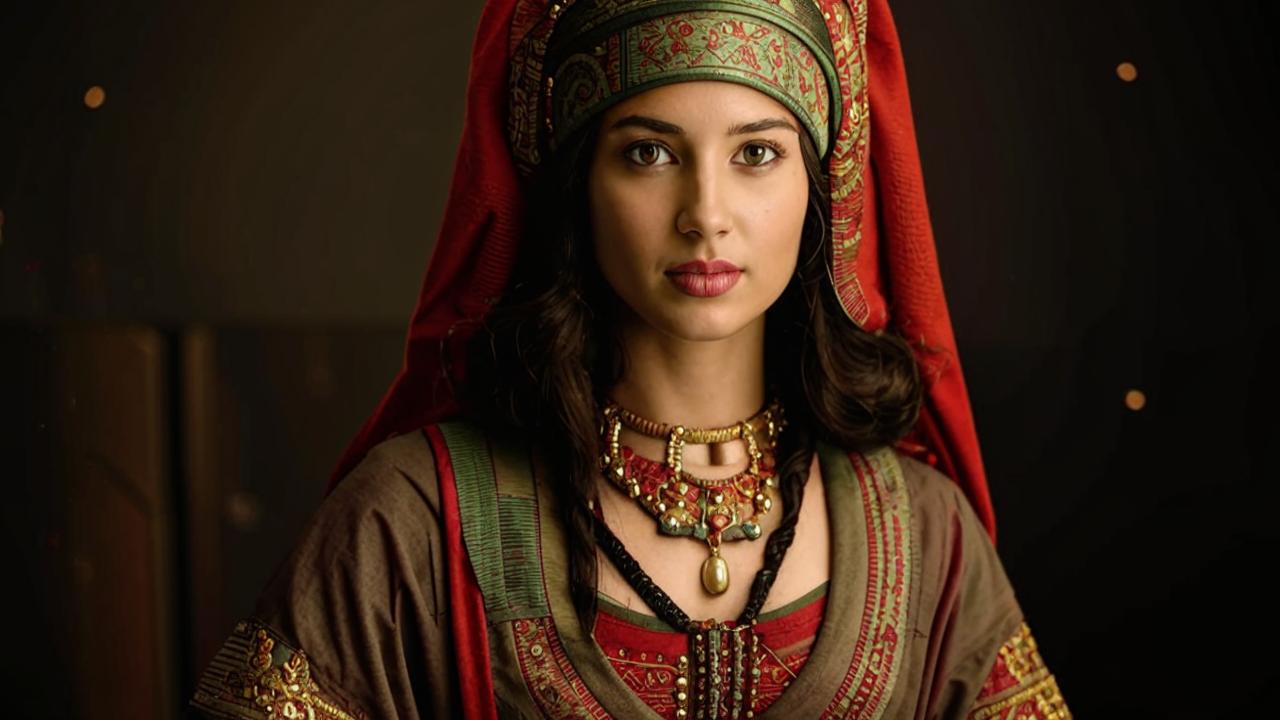
Ekaterina Chislova
In this story there were expulsions abroad, passionate reunions, five children. However, as Catherine’s character deteriorated with age. She was afraid of treason, so she arranged searches and scandals in the office of the prince in the presence of his servants. Unable to tolerate the humiliation, nor to break with the woman he loved, Nicholas ordered all correspondence at once to take to Catherine.
The lovers died of oncology with a difference of only two years. Alexander III in private correspondence admitted that in the last years of life Prince Nicholas was a burden and his departure was a relief for the imperial family.
Catherine Chislova left her children a million-dollar fortune. But the heirs from the official marriage of Nicholas had to part with the princely residence to pay off debts.
Catherine Telesheva and General Mikhail Miloradovich
General Mikhail Miloradovich in 1822 received in his management the office of the Imperial Theaters. He appointed his friend, the poet Apollo Maykov, as director. Women themselves offered the general hand and heart. Even Madame de Stal, a French writer, could not resist. However, Miloradovich entirely and completely belonged to the ballerina Ekaterina Telesheva.
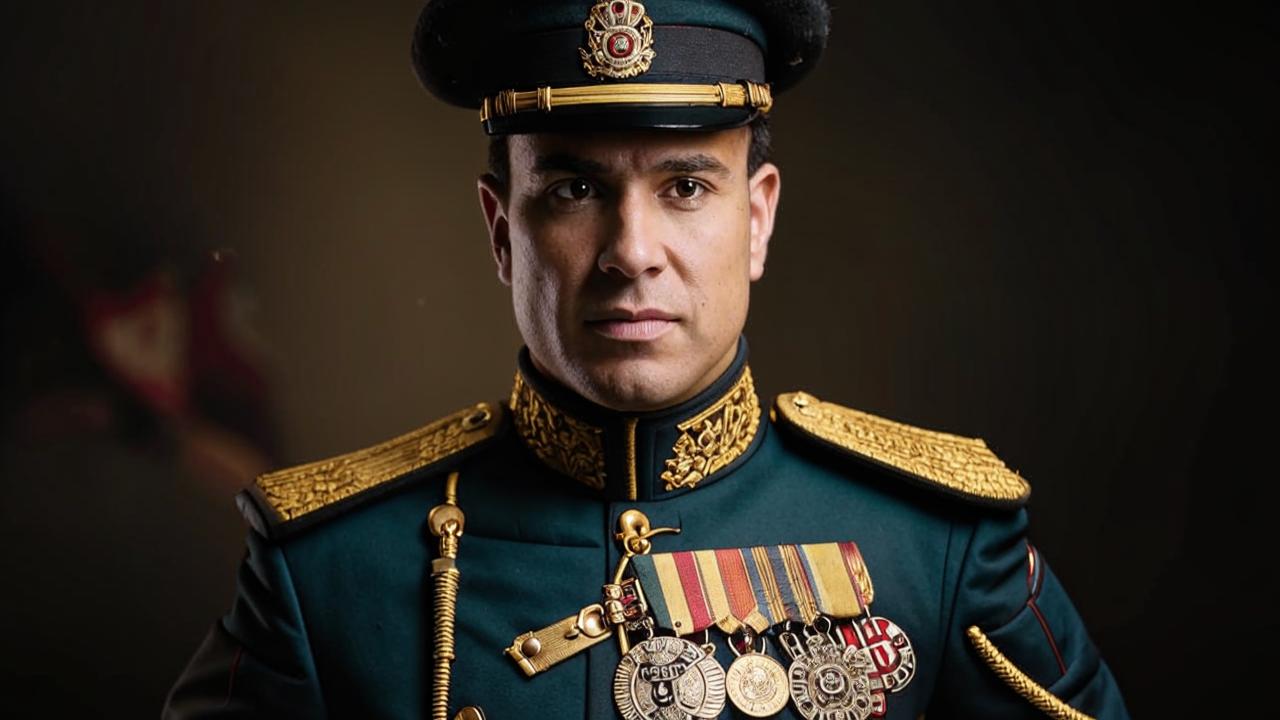
General Mikhail Miloradovich
Catherine instantly won the heart of the general. He surrounded her with care, allowing the girl to dictate terms in the Mariinsky Theater. Telesheva herself chose roles, performed on his own schedule and even removed unwanted ballerinas.
Alexander Griboyedov also sought Catherine’s disposition, but without success. Ballerina sincerely loved the general. It was from her he left to meet death on December 26, 1825. The girl begged not to do this, but Mikhail was sure that he could sensitize the Decembrist rebels.
After the death of Miloradovich Telesheva suffered for a long time. A few years later, she married a retired staff captain Afanasy Shishmaryov. In the marriage they had six children.
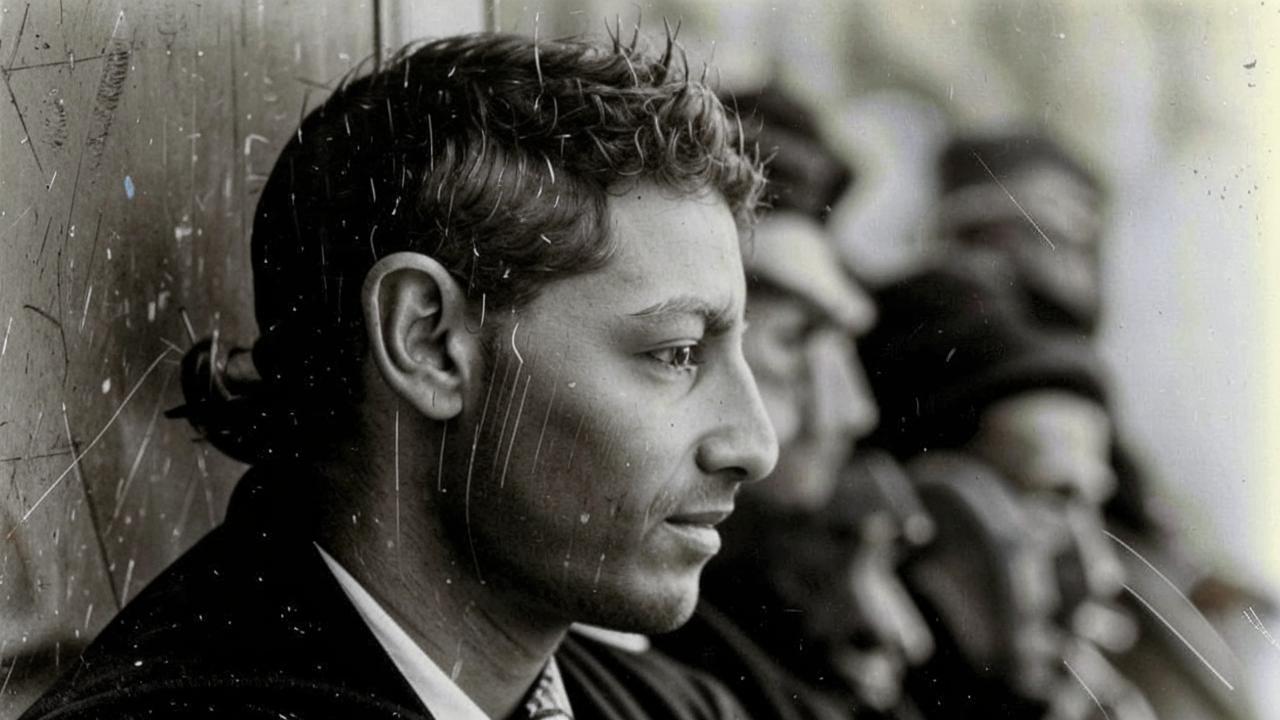
Ekaterina Telesheva
Avdotya Istomina and cavalryguard Vasily Sheremetev.
The beauty and grace of Avdotya Istomina on the pages of “Eugene Onegin” captured Alexander Pushkin. The poet himself was partial to her. It is this ballerina turned out to be a truly fatal woman. Because of Avdotya Istomina there was a “quadruple duel”. Then shot not only the participants of the conflict, but also their seconds. One of them was Alexander Griboyedov.

Cavalryguard Vasily Sheremetev
Relationship Istomina and cavalryguard Sheremetev began in 1815. However, in 1817, due to the jealousy of her lover, Istomina left him for a friend. Griboyedov called the ballerina for tea to a mutual acquaintance, Count Zavadovsky. At him Istomina for inexplicable reasons delayed for two days. Learning of this, Sheremetev challenged Zavadovsky to a duel. But their seconds – Griboyedov and Alexander Yakubovich – also dueled.
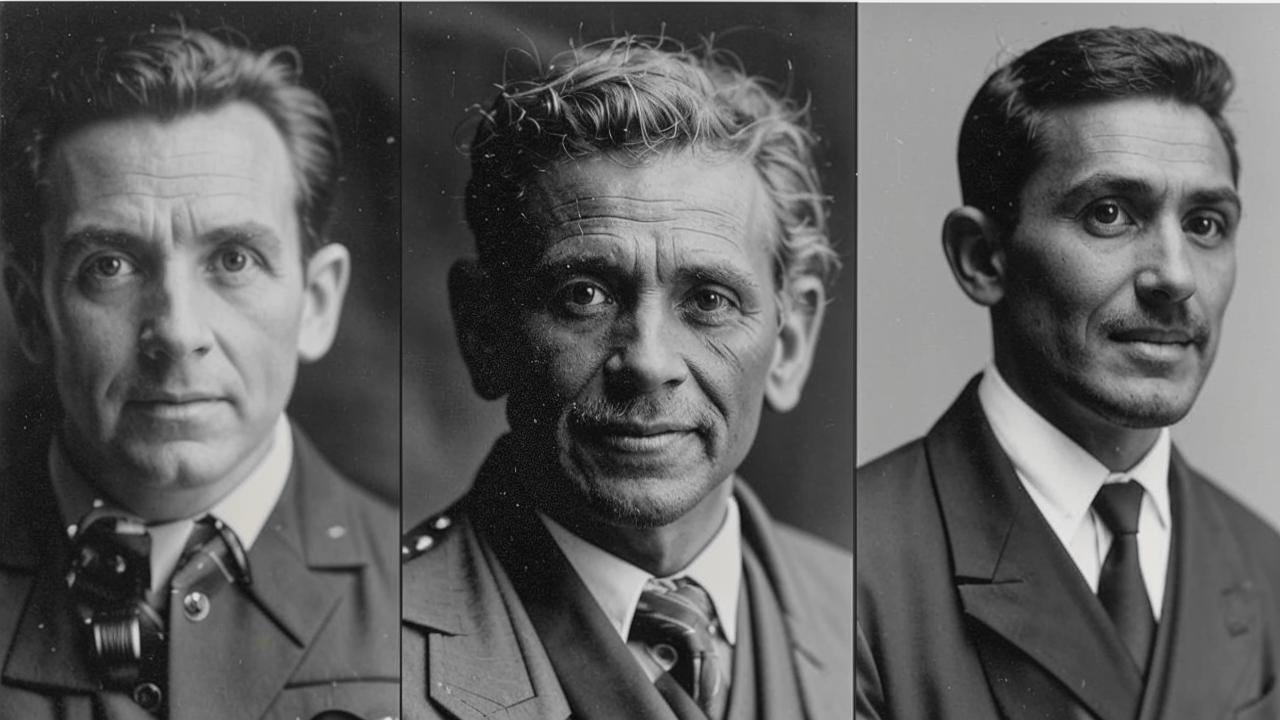
Avdotya Istomina
The duel became fatal for Sheremetev. Zavadovsky’s shot proved fatal. The next day the cavalryguard died. Istomina was inconsolable, feeling guilty for what had happened.
Avdotya, who was acquainted with many Decembrists, after 1825 was in unspoken disgrace. She began to receive fewer and fewer roles in the theater. The last time Istomina went on stage in 1836, paired with her future husband, the artist Pavel Ekunin. The ballerina died of cholera in 1848.
Anna Pavlova and Baron Victor Dandré
While we know the previous ballerinas mainly from written and poetic descriptions of their contemporaries, Anna’s talent was captured on film. Her natural grace and high technical level amaze us even a century later. The miniature The Dying Swan, choreographed by Fokine especially for Pavlova, later became the cherished role of many ballerinas.
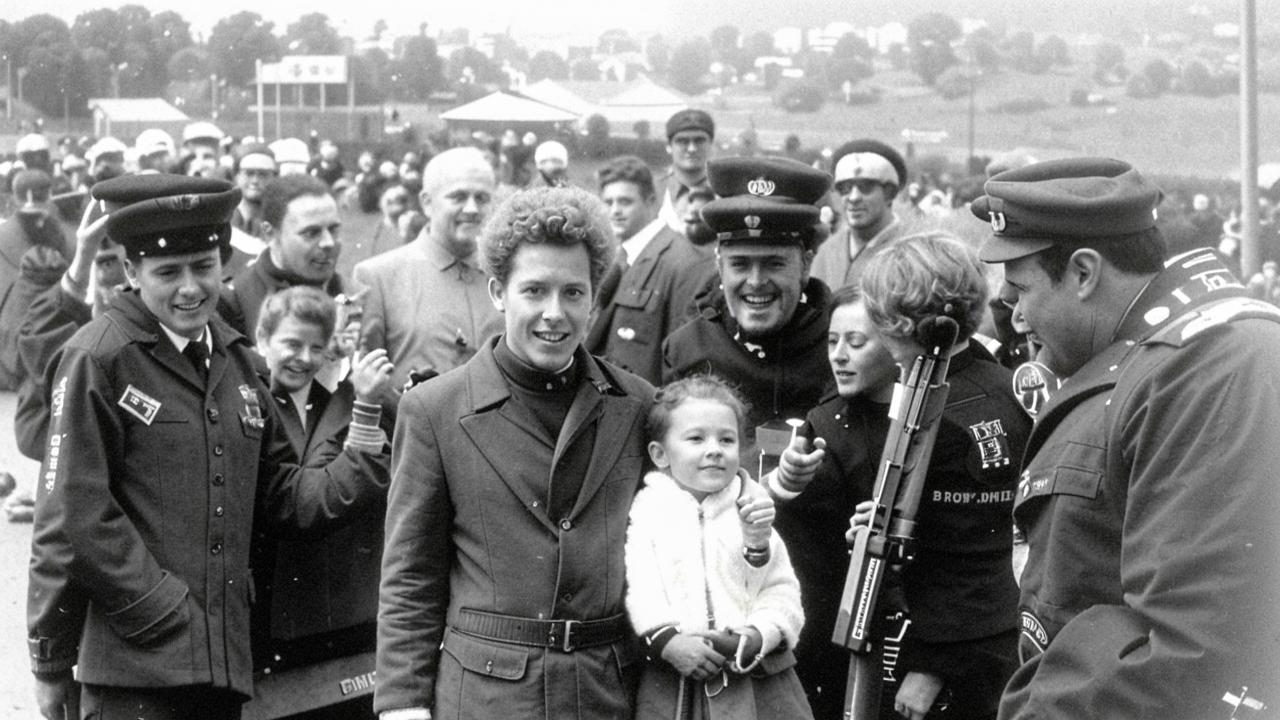
Anna Palova and Victor Dandre
The history of the personal life of Anna Pavlova confirms – aristocrats or military men chose dancers for their beauty. In the XIX century ballerinas became girls from poor, or even from poor families. They had no dowry, which means that they agreed to be mistresses. We can not say that men did not have tender feelings for them, but for an aristocrat to marry a ballerina in those days was considered unthinkable.
This fate did not pass and Anna. She became the mistress of Baron Victor Dandre. True, she was not satisfied with the life of a woman on the maintenance. One day she flew out of her cage and returned to the theater.
At this time, Sergei Diaghilev began to popularize Russian ballet abroad. The tour in Paris was a grand success, the public quickly bought tickets for Nijinsky and Pavlova. The time of world recognition had come.
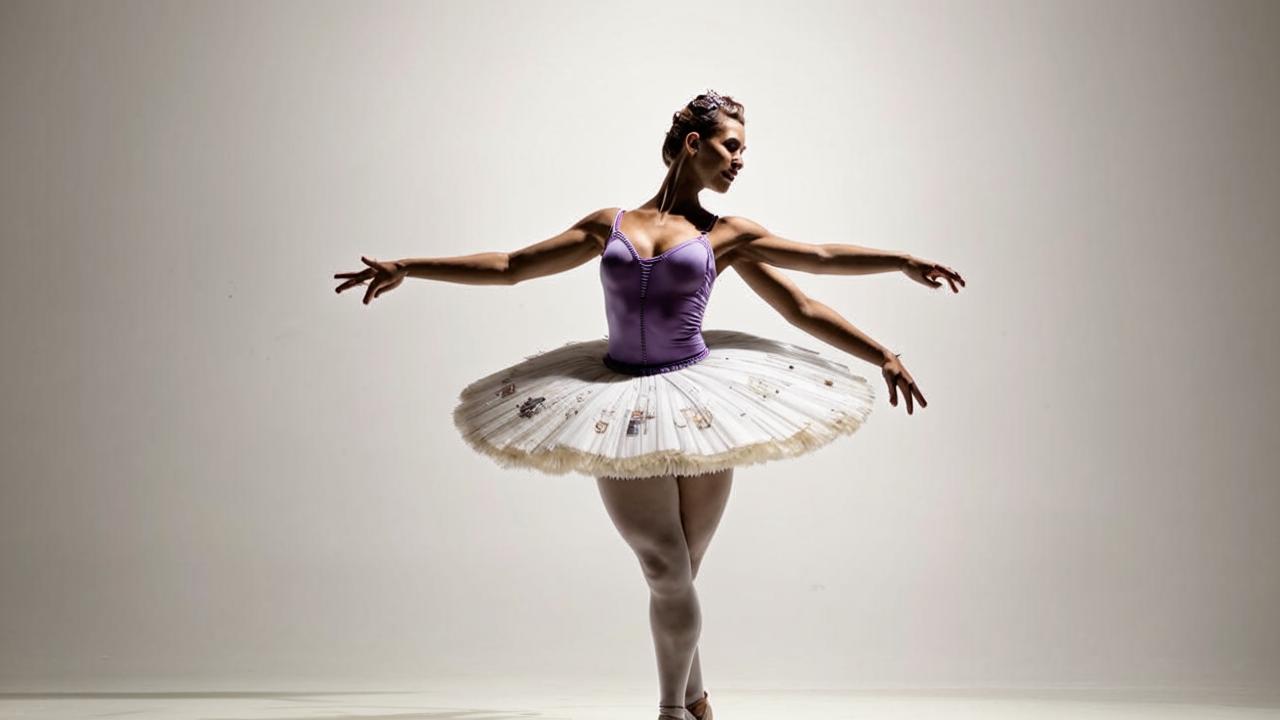
Anna Pavlova
Unexpectedly, Anna left the troupe and went to London to work off a contract for a colossal sum and save Victor Dandre. His affairs went badly, and the family and environment turned away from the baron. After that, the former lovers met and never parted again. They even secretly married.
Alas, active work exhausted ballerina. She had nervous breakdowns.
In 1931, Anna caught a cold on tour in The Hague and died, not living a few days before his 50 th anniversary. Devastated by the loss of Dandre found solace in the creation of the “Society in Memory of Anna Pavlova”. Baron saved her stage costumes, photographs and rare records.
True, there is a point of view that for Victor Dandre this was the only opportunity to earn money for himself. All the state Pavlova bequeathed to her mother, and the documents confirming the marriage with Dandre, destroyed. And no one, apparently, will never know the reasons for such behavior of the great ballerina.






